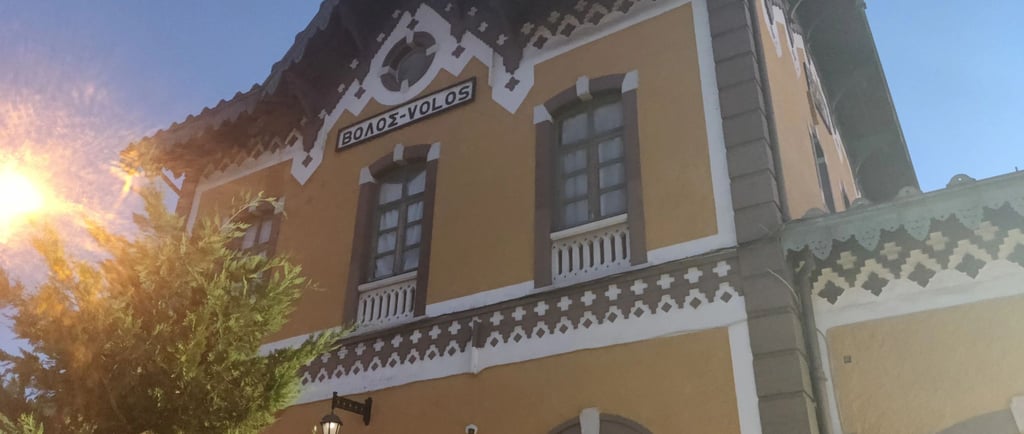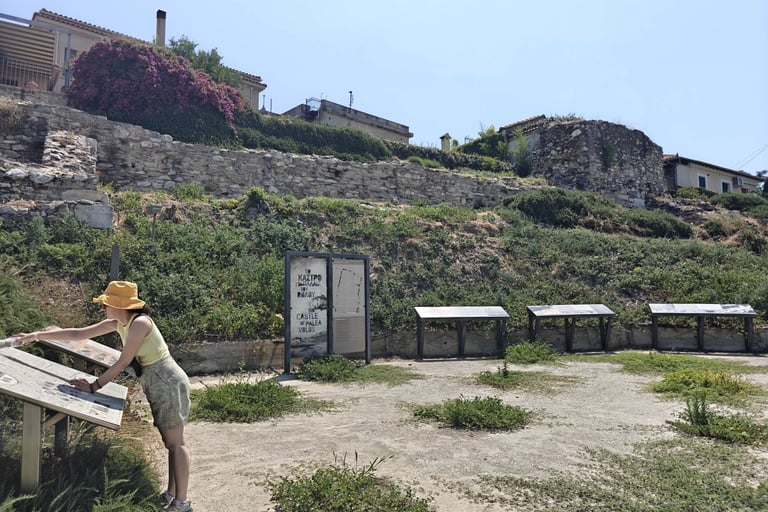The Voice of History: Palaia, Volos
My personal journey to ensure every layer of history, both celebrated and overlooked, finds its voice and is truly heard.
VIEWS
Konstantina Kalimeri
6/30/20251 min read


Recently my guiding path led me to the Palaia district of Volos, an area with a rich and deep tapestry of history. As I walked the site to craft our route, I embraced the opportunity to bring its untold stories to life.
And so, through the ruins and my imagination, the voices of the people echoed: those who prepared for a distant, adventurous journey aboard the Argo; those who survived the turbulent 6th century AD in the Mediterranean. Somewhere amidst the remnants, I heard the clash of swords and cannons, the cries of medieval warriors, and the call of the imam from a mosque long gone.
But louder than all were the voices of the workers in Volos' factories, demanding their labor rights—the 8-hour workday, Sunday rest—rights that resonate powerfully even today. I felt them pouring into the streets, a pulsating river of many organisms breathing as one.
In the background stood the Old Volos Railway Station, like a fairytale cottage, a poignant reminder that from the farmers' struggles at Kileler to the tragedy of Tempi, the battles in this country often have iron tracks as their backdrop. While for Giorgio de Chirico, the painter who grew up in Volos, trains might have symbolized nostalgia for a lost past, for many of us, they bring a lump to our throats—an embodied rage. A rage that overflows with every new scandal we sweep under the rug as we continue our mundane daily lives.
That's why we must be the voice of history – for what is visible, and for what some wish to keep hidden.


